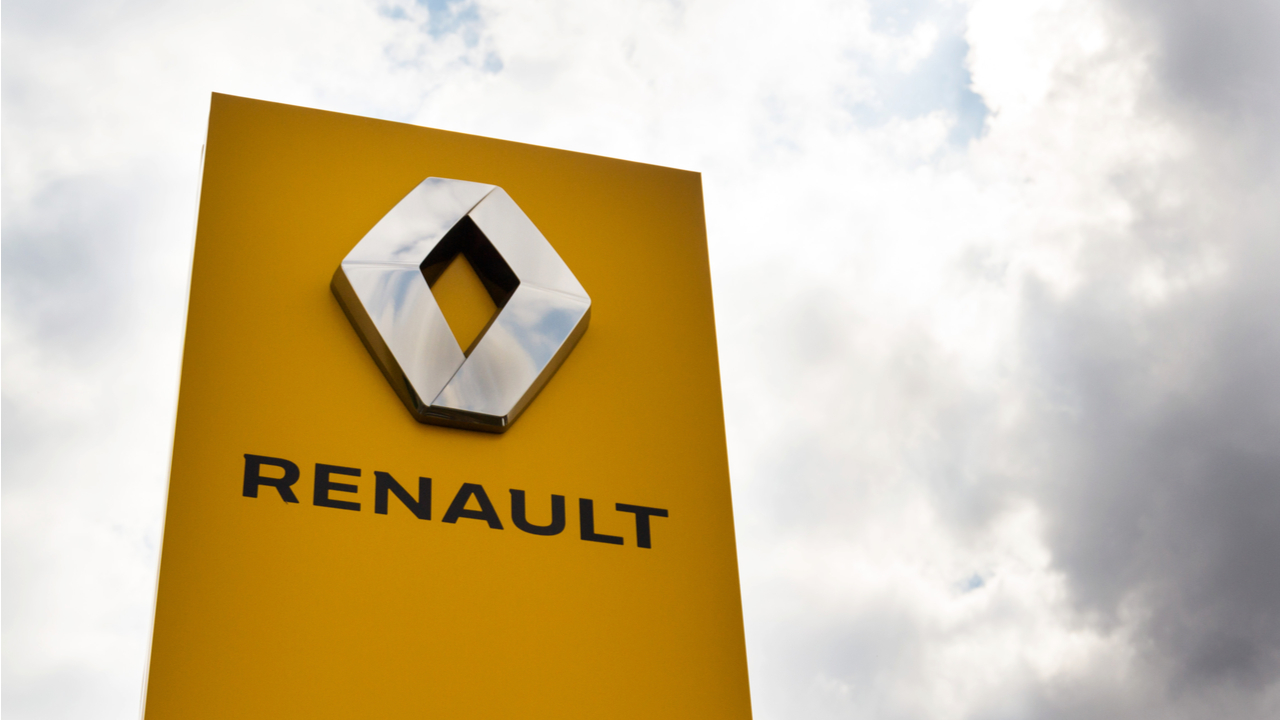
Renault, one of the biggest automakers in the world, has announced it has built the first industrial metaverse, with all its production lines supplying data to this world. According to the company, this digital twin replica will allow it to save $330 million by 2025, diminishing warranty expenses, delivery times, and the carbon footprint of its activities.
Renault’s Industrial Metaverse Already in Motion
Automobile company Renault has announced that it is already running an industrial metaverse of its activities, fueled by a series of processes that allow the company to monitor data from all of its production lines. This industrial world includes the interconnection of production lines, monitoring the totality of the supply chain, and almost all of the supply flows.
The company has stated that the implementation of this tech will produce substantial benefits, including savings in the order of $330 million by 2025. The industrial metaverse will supposedly allow the company to reduce delivery times by 60% and reduce the carbon footprint of vehicle production by 50%. Warranty costs will also be reduced by 60%, according to predictions by Renault.
Jose Vicente de Los Mozos, EVP, Renault industry group and head of country Iberia, stated:
Every day, billions of pieces of data are collected within Groupe Renault’s industrial sites. The metaverse provides real-time monitoring that increases the agility and adaptability of industrial operations, as well as the quality of production and the supply chain.
Metaverse ‘Digital Twin’ Solution
Renault’s metaverse is fed by a system based on digital twins, replicas of the factories and production lines the company operates, but in a virtual world. The system is then fed with data streams coming from the same factories and production lines, that have been equipped with a massive data capture solution called ID@scale, which is currently also being offered to other companies.
This platform has already contributed to safeguarding the production process of the company, with some of its components allowing it to detect 300 alerts, avoiding 300 production line halts. Patrice Haettel, vice president of industry strategy and engineering, stated:
This industrial metaverse is unique and allows us to activate efficiency and performance levers that were previously invisible, for the benefit of people and the environment.
Other companies are also leveraging the metaverse with an industrial implementation in mind. In October, Microsoft announced it was working to bridge its services with the metaverse, to provide its cloud services to help with industrial processes as well.
What do you think about Renault’s industrial metaverse? Tell us in the comments section below.
Image Credits: Shutterstock, Pixabay, Wiki Commons, josefkubes / Shutterstock.com
Disclaimer: This article is for informational purposes only. It is not a direct offer or solicitation of an offer to buy or sell, or a recommendation or endorsement of any products, services, or companies. Bitcoin.com does not provide investment, tax, legal, or accounting advice. Neither the company nor the author is responsible, directly or indirectly, for any damage or loss caused or alleged to be caused by or in connection with the use of or reliance on any content, goods or services mentioned in this article.







